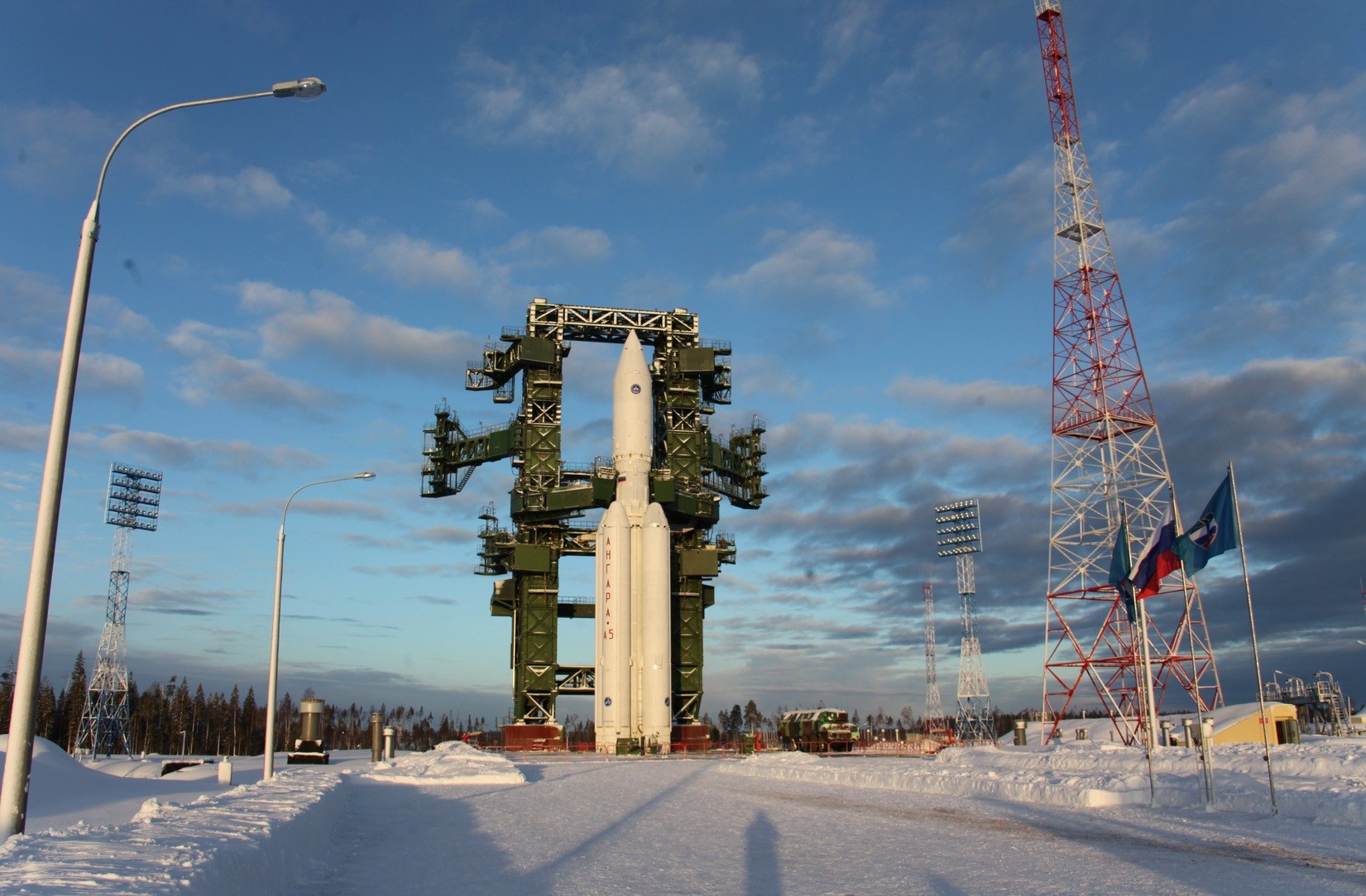"Roscosmos" announced the cessation of flights of Proton missiles

The other day, quite unexpectedly for everyone, Roskosmos in the person of its head Dmitry Rogozin announced the decision to stop work on the Proton project. True, this will not be done immediately, but only after Roskosmos has created and shipped all the launch vehicles stipulated by the contracts. After the "Protons" are canceled, only Angara will fly into space, RIA Novosti reports .
“The task is set as follows: in accordance with the already signed contracts, to produce the required number of our legendary Protons and then close this project. Then fly exclusively on the "Angara", "- said Rogozin. It is worth noting that the development of Proton launch vehicles was launched back in 1961. At that time, the use of such fuel as heptyl was considered a normal practice.. Currently, it does not satisfy most of the requirements imposed on fuel-powered launch vehicles, neither for the specific impulse of engines that run on such fuel, nor for environmental safety.
Among other things, "Protons" have a fairly high level of accidents, higher than that of most competitors. There were 49 unsuccessful launches, 404 successful ones. It turns out that there are about 12 normal launches per one failure. The probability of an accident, as we see, is quite high. All this led to the fact that the cost of insuring risks at the launch of anything “Proton” rose sharply in 2013 and 2014.
But that's not all. Another disadvantage of the Protons is that they can go into space only from the launch pad of the Baikonur cosmodrome. This dramatically increases the risks of delaying the launch in case of problems between Russia and Kazakhstan. If relations between countries deteriorate, then the “Proton” can be put on a joke without reliable restarts in the near future. It is known that Kazakhstan takes a tidy sum for renting Baikonur. Moreover, this amount is higher than it could be due to heptyl, which is used as fuel. It is heptyl, as the Kazakh side reasonably believes, extremely dangerous for the steppes, which are relatively close to the cosmodrome.
Based on all that was said above, the management of Roscosmos decided to stop the work on Proton. The decision was made despite the fact that the cost of launching the Proton is quite low. In the 1990s and 2000s, there was not much of a competitor for a domestic launch vehicle for this indicator. On equal terms, with certain reservations, the American rocket Delta IV Heavy and the European Ariane 5 participated in the alignment of forces.
As soon as other rockets appeared on the space flight market, including the Falcon 9, the situation changed and Roskosmos had to respond to the changed circumstances. The state corporation has decided to reduce the cost of sending goods into orbit up to $ 65 million. The head of SpaceX has gone even further and announced the imminent reduction in the cost of launching his missile almost an order of magnitude. The cost price will amount to no more than $ 10 million, but how much SpaceX will take to send cargo to space is a question. As for Roscosmos, the organization can no longer significantly reduce the cost of launching the Proton.
Now "Protons" with their $ 65 million for launch obviously lose to foreign launch vehicles.

One would think that the "Protons" are a significant source of money coming to the budget. But no, the customers of the launches with the help of this launch vehicle are mainly the Ministry of Defense, which launches military satellites using the domestic rocket, as well as the FSUE Space Communications, which is involved in television broadcasting in Russia.
As for the "Angara", then the new carrier has a number of significant problems. In particular, it is much more expensive than the “Proton”, and even more so, the Falcon 9 SpaceX is more expensive. The problem is that the release of new launch vehicles has not been adjusted yet .
Anyway, “Protons” will be used for many more years. The schedule of launches of spacecraft using a Russian launch vehicle is scored for the next 10 years. So you shouldn’t be afraid that the domestic launch vehicle will soon become just a museum exhibit. No, the Protons are still flying. Unless, of course, they will be "chartered" by customers. Now "Protons" fly several times a year, no more.
